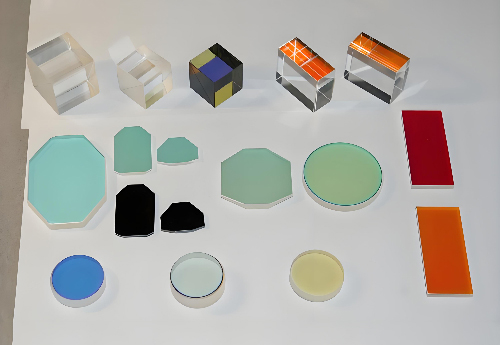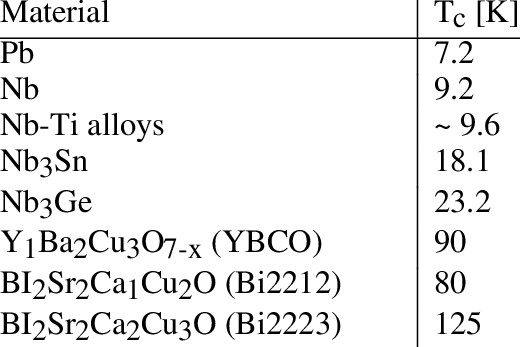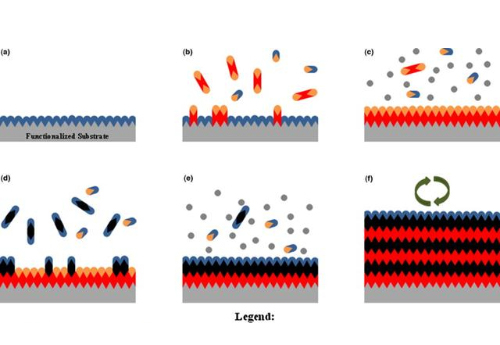What are the Applications of Niobium
Iron and steel industry
About 85% to 90% of niobium in the world is used for iron and steel production as a form of niobium iron. The steel can increase more than 30% of strength by adding 0.03% - 0.05% niobium. Niobium can induce precipitation and control cooling rate to achieve dispersion distribution of the precipitates, and adjust the toughness level of steel in a wide range. Therefore, the addition of niobium steel can not only enhance the strength of steel, but also can improve the high-temperature oxidation resistance and corrosion resistance of steel, reduce ductile brittle transition temperature of steel, the steel has good welding properties and formability.
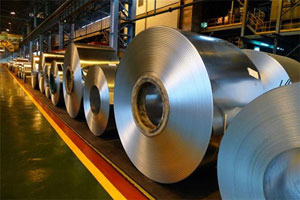
Superconducting materials industry
Some niobium compounds and niobium alloys have high superconducting transition temperature, which is widely used in the manufacture of various industrial superconductors, such as a superconducting generator, high power accelerator magnets, superconducting magnetic energy storage, magnetic resonance imaging equipment etc..
At present, the most important superconductor materials are NB Ti and Nb Sn, which are widely used in medical diagnosis of magnetic resonance imaging apparatus and nuclear magnetic resonance spectrometer for spectral line analysis.
Aerospace Industry
Aerospace industry is the main application area of high purity niobium, mainly used for manufacturing engines and heat resistant components rockets and spacecraft. NB - and Ta - based hot - alloys have excellent thermal and thermal resistance and processability, which are widely used in aircraft components and gas turbine blades. In the United States, almost all jet fighter engines are made of niobium alloy.

Atomic energy industry
Niobium has a high thermal conductivity, high melting point, good corrosion resistance, and low neutron capture cross section. It is a material that is well suited for atomic reactors. The major uses of niobium in the atomic energy industry include the inclusion of nuclear fuel, the alloys of nuclear fuels, and the structural materials of heat exchangers in nuclear reactors.
Electronic industry
Niobate ceramics can be used for the production of capacitors. Single crystal such as lithium niobate and potassium niobate compounds is a new type of Optoelectronics and electronics with good crystal, piezoelectric, pyroelectric and optical properties, has been widely applied to infrared, laser technology and electronic industry. In addition, niobium has high melting point, high emission electron capacity, and has the ability to attract air. It can be used to make electron tubes and other electronic vacuum devices.
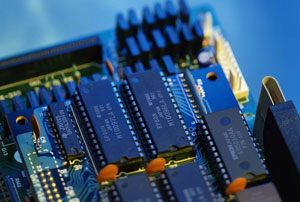
Medical field
Niobium has anti - corrosive physiological and good biological compatibility, will not happen various liquid substances in the human body, and almost no damage to biological tissues, can adapt for any sterilization method, which are often used in the manufacture of bone plate, skull plate screw, plant root, surgical instruments etc..
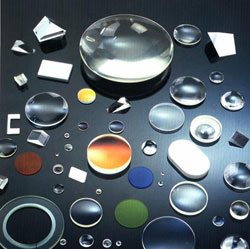
Other applications
In the chemical industry, niobium is a high quality acid and liquid metal corrosion resistant material that can be used in cooking machines heaters and coolers. In addition, niobium acid is also an important catalyst.
Niobium has also been applied to the foundry industry, its main role is to form a hard carbide and change of graphite morphology and size, which are often used in the manufacture of automotive cylinder head, piston ring and brake etc.. In addition, niobium is sometimes used in commemorative coins with gold and silver.
NB helps to increase the transmittance of lenses, is also used in the manufacture of lenses in the optical industry.
NB can also be applied to the lighting industry, such as Nb and 1% Zr alloy can be used for producing precision support of high strength sodium vapor lamp, these small parts have excellent heat resistance to sodium vapor corrosion .


